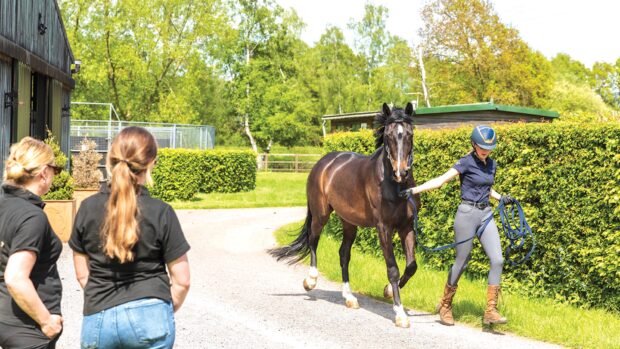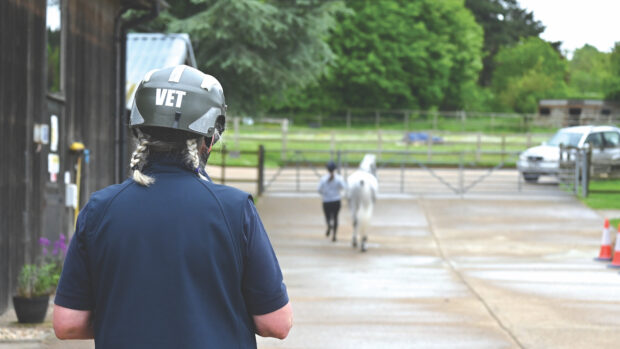Q: I agreed verbally to sell a pony to a lady living approximately 100 miles away, sight unseen. However, en route to deliver the pony to her, I decided not to go through with the sale, as it had upset members of my family and I hadnt seen where the pony would be kept. I returned home and telephoned the buyer to say I had changed my mind. I then received a letter threatening legal action if I did not complete the sale, as I had entered into a verbal agreement with the lady. She had incurred no costs and did not pay a deposit nor lose any time viewing the animal. I sought legal advice and most solicitors told me she was entitled to pursue the claim, as the verbal agreement was binding. I am fighting the case. Is the law really on her side?
H&H asked Stuart Farr of Laytons Solicitors for his response.
Your case highlights the risk to anyone who might agree to sell a horse and then has a change of heart, for whatever reason, says Stuart.
The basic requirements that give rise to contracts, whether written or oral, are the same in virtually all cases. In broad terms, the essential elements of a contract will be present where an offer to sell is made, which is then accepted by the buyer, resulting in either a sale or an agreement to sell.
There must be a promise to give something in return for the sale this is often the purchase price, but sometimes there may be an exchange of other horses or goods in return.
Furthermore, there must be an intention to create legal relations. If these factors are present, strictly speaking it doesnt matter if the contract is written or oral, attempts can still be made to enforce it, unless both parties agree that the sale
wont happen.
However, proving that an oral contract exists and accounting for the losses that flow from its breach can present different challenges for any claimant. Further, only in certain circumstances can a contract be set aside [cancelled] or declared void or unenforceable.
The dangers of entering into oral rather than written contracts are obvious, but the practicalities of life mean that we all have to make oral contracts buying a newspaper from your local store is a useful example. When it comes to buying and selling horses and ponies, however, the importance of a written agreement cannot be stressed enough.
If the seller has any doubts as to what to include in the contract, there are various sources of help available. It is possible to make a contract conditional on certain things happening or being done for example, if the seller first wishes to assess the environment in which the animal will be kept, this can be built into the contract.
It would be inappropriate to comment specifically on the facts of your case while legal proceedings are still in existence, but I would strongly recommend that you continue to seek legal advice.
For expert legal advice contact Stuart Farr, Laytons Solicitors (tel: 0161 8342100) www.laytons.com



